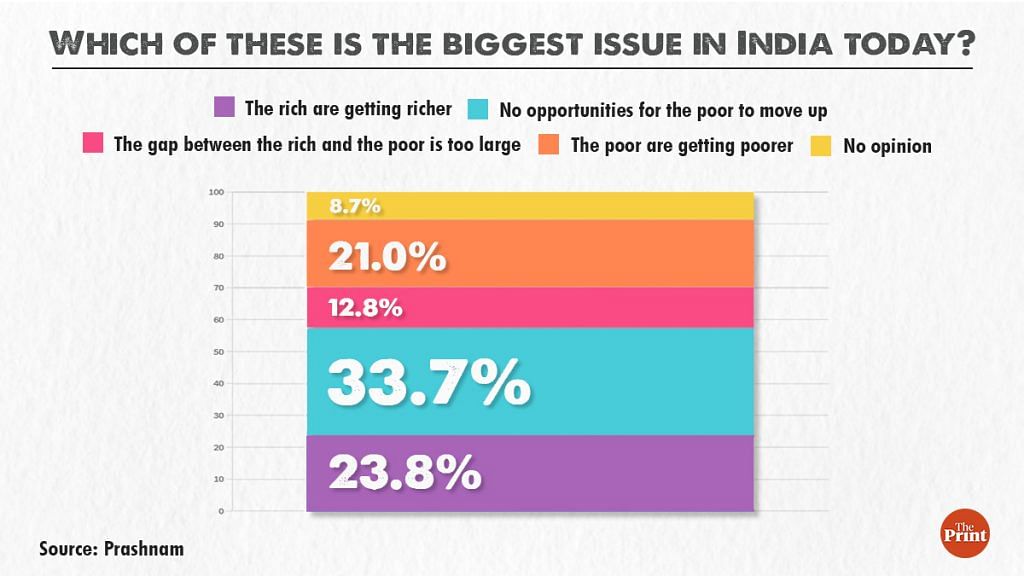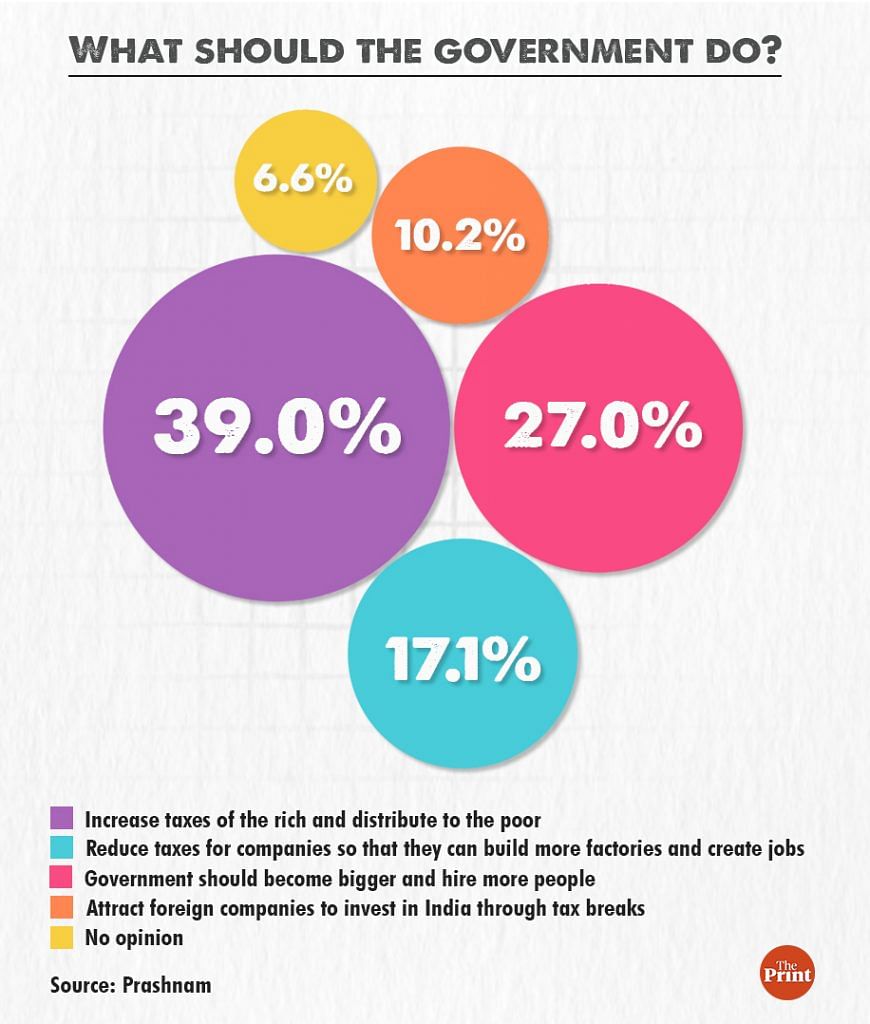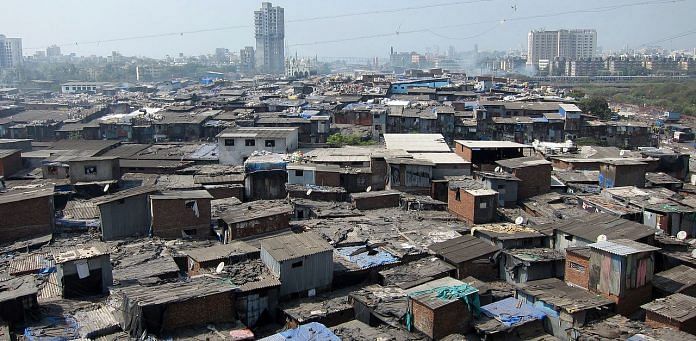There is now a clear and discernible trend of rising fiscal spending among various nations in their economic policy direction. The United States is waiting for its biggest-ever public spending bill to be passed. The new Japanese prime minister has announced a reversal of “Abenomics” and turned towards larger government spending. China has launched an all-out attack on what they term as the ‘evils of capitalism’ to address income inequality. Germany is set to usher in its first Socialist leader since World War II.
Income inequality is one of the biggest banes of societies across the world and has prompted dramatic reversals in policy direction. Is this an issue that bothers common people across the world or is it limited to interpretation by economists, sociologists, or politicians?
Inequality is defined as the gap between the rich and the poor. But what bothers people more? This gap or the lack of opportunities for the poor? Is the idea of rich getting richer more concerning than the absence of opportunities for the poor?
These are the questions we decided to find out answers for, among Indians. We surveyed 2,895 people from across 14 states — Bihar, Delhi, Gujarat, Haryana, Himachal Pradesh, Jharkhand, Karnataka, Madhya Pradesh, Maharashtra, Rajasthan, Tamil Nadu, Uttar Pradesh, Uttarakhand and West Bengal. Our survey covered 40 per cent of all assembly constituencies in the country and is perhaps one of the largest such exercises conducted in India on the issue of income inequality.
Also Read: Choice of work, education, better income needed for bondage survivors to remain free — study
We asked respondents two questions in the local language of their respective states:
1: Which of these is the biggest issue in India today?
A: The rich are getting richer
B: No opportunities for the poor to move up
C: The gap between the rich and the poor is too large
D: The poor are getting poorer
E: No opinion
2: What should the government do to address this issue?
A: Increase taxes of the rich and distribute to the poor
B: Reduce taxes for companies so that they can build more factories and create jobs
C: Government should become bigger and hire more people
D: Attract foreign companies to invest in India through tax breaks
E: No opinion
Also Read: Dhan Vapasi: A new path that can make Indians prosperous
Lack of opportunities for the poor

Contrary to popular belief, the gap between the rich and the poor is not viewed as the biggest issue in the country today.
It is the lack of opportunities for the poor in gaining upward mobility, which according to 34 per cent of those surveyed was more important. While about 24 per cent said the biggest issue was rich getting richer, for 21 per cent respondents, poor getting poorer was more concerning. These findings may make sense when one thinks of them purely from an individualist’s perspective of what the biggest issue is. The gap between the rich and the poor is an aggregate outcome of each of these individual issues.
Also Read: India could afford to overlook economic inequality until now. Covid has changed that
Higher taxes for the rich

In a blow to neo-liberal economic ideologues, Indians don’t think lower taxes for corporates or foreign investors is a good idea. There is overwhelming support for taxing the rich more and using it to expand government and redistribute to the poor. This is obviously what our politics will reflect since, in a democracy, politics is merely the reflection of societal desires. It is then obvious that the disinvestment of Air India and other Public Sector Undertakings may not be a popular move among the public. This, of course, runs counter to the general media narrative for a neo-liberal economic prescription of lower taxes and smaller government, which reflects in the actions of the elite minority.
Prashnam, in keeping with its principles of transparency and integrity, makes available the entire raw data of this survey here for analysts and researchers to verify and analyse further.
Rajesh Jain is founder, Prashnam, an AI technology start-up that aims to make opinion gathering more scientific, easy, fast, and affordable. He tweets @rajeshjain. Views are personal.
The article is part of ThePrint-Prashnam Vox Pop series.
(Edited by Srinjoy Dey)



